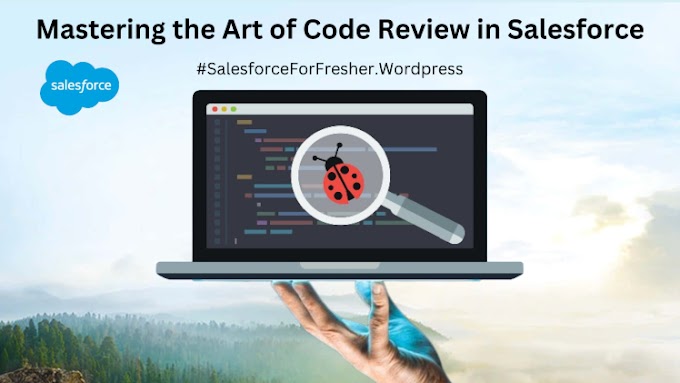What is Salesforce CPQ?
C Is for Configure : What products does the customer want to buy (configure)
P Is for Price : How much do those products cost (price)
Q Is for Quote : How can we give the customer details about the Sale ( quote) ?
1. What is CPQ and why is it important?
CPQ handles the financial calculations for salespeople and can be centrally maintained. This may be critical for margin control when deals hit a certain level of complexity or the organization is growing.
2. What is a Bundle?
The bundle is a central concept in Salesforce CPQ. Simply put, a bundle is a group of products that are commonly sold together. There are three key objects that define bundle structure: products, options, and features. Bundles are made of products.
3. What is a Product Rule?
Product rules are used to enforce specific configurations either at the bundle level or the quote level. There are four types of product rules: validation, selection, alert, and filter.
- Validation: Prevents a user from saving an incompatible quote/bundle configuration.
- Alert: Notifies users of important information but does not prevent the user from saving the quote.
- Selection: Automatically selects, deselects, shows, or hides products based on defined parameters.
- Filter: Used in dynamic search filters which will automatically filter the product catalog.
4. What is a Price Rule?
A price rule must have at least one action. You can have several actions that target the same field, or several actions that each target a different field. A price rule's configurator evaluation event determines when Salesforce CPQ applies the price rule to its target.
5. What is a Summary Variable and how is it different from a Roll Up Summary?
Summary variables can target the quote line, product option, subscription, or asset. They can calculate the SUM, AVERAGE, MIN, and MAX values of a number field. They can also COUNT the number of records that meet the filter criteria.
6. Explain the difference between a Subscription Product and a One-Time Product?
- Subscription product: A product that generates recurring revenue – e.g. software license, ongoing service subscription, a product which is leased or rented, etc.
- One-Time Product: A product that generates revenue once – e.g. a physical good that is sold rather than rented or leased, a perpetual software license, a fee for implementation services, etc.
7. What are CPQ Twin Fields?
Twin fields is a powerful tool in the Salesforce CPQ that helps you Pass/Map values of custom fields. This blog takes you through the process of creating Twin Fields and renewals.


![If the Account billing address is updated then update related contacts mailing address. [Using Map] trigger in salesforce](https://blogger.googleusercontent.com/img/b/R29vZ2xl/AVvXsEhKUEcm1XaUVMP9ksrHphC74bPA7MjYca2rjoyHr4-A1a1RI0iJahHAKxXwgzG-BjKvZnDkUpQrn78B6z9nHgvSbGiLqt_PEAh6vLwF1B0yCtYESkcexSBclZyPdaaGSBPhMqB7FJ38BxEAm88Jn1eiTiF2XF2qjPBAaDoAKR7lGaw74QfHfdyv92RSEMBF/w680/maxresdefault.jpg)



